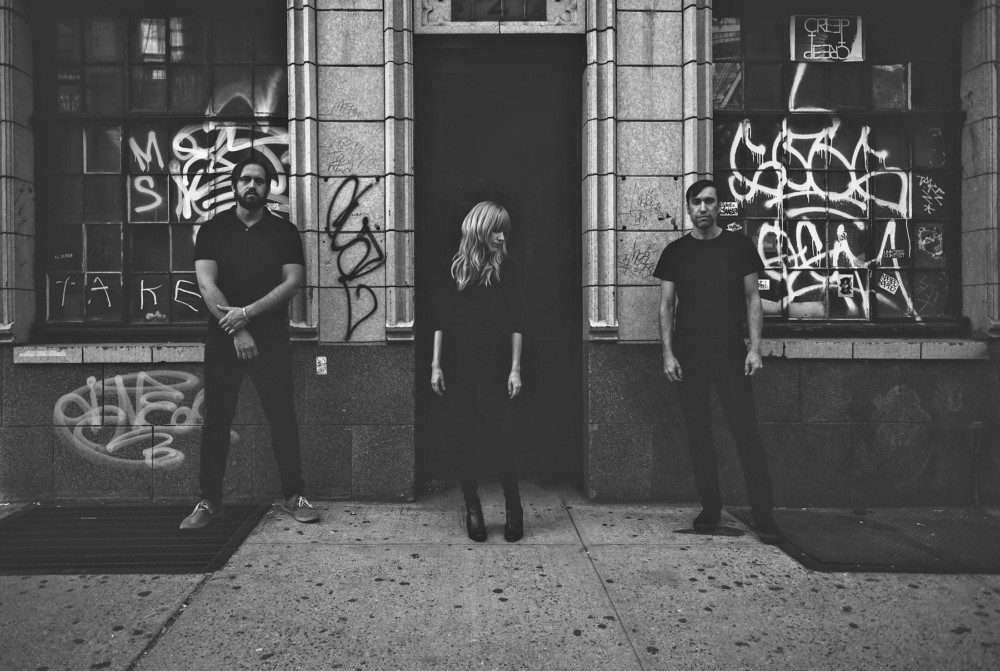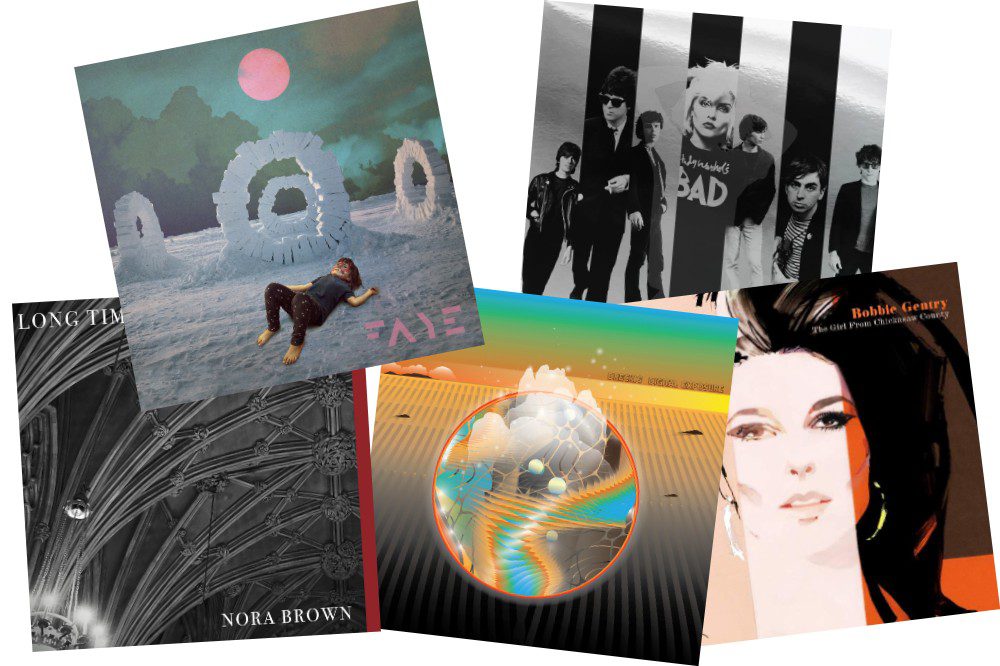
Welcome to Audiofemme’s record review column, Musique Boutique, written by music journo vet Gillian G. Gaar. The last Monday of each month, Musique Boutique offers a cross-section of noteworthy reissues and new releases guaranteed to perk up your ears.
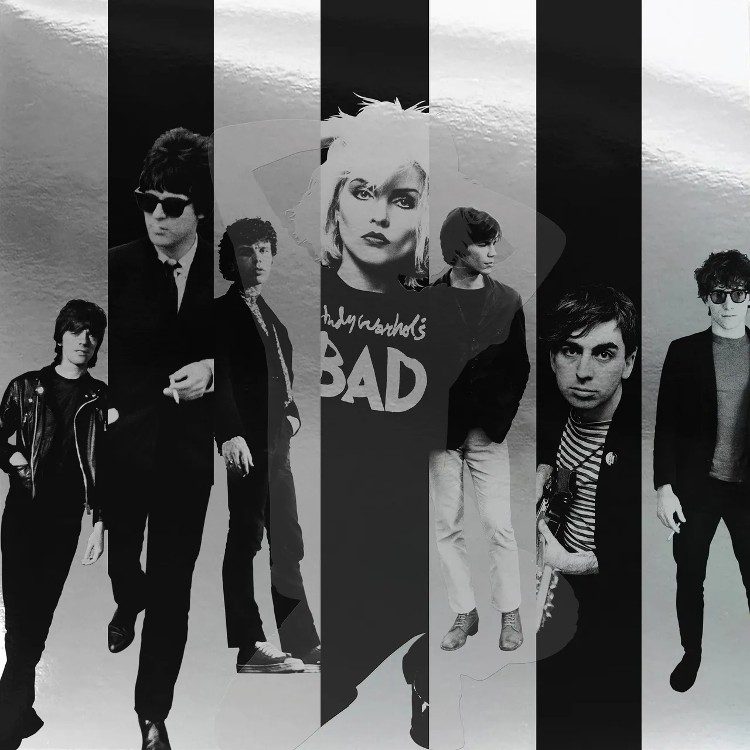
Blondie pulled off one of the greatest pranks in popular music. Their international smash “Heart of Glass” was one of the best disco songs of the era, an irresistible confection that had a bit of a tart edge (the line “pain in the ass” was enough to get the song banned from radio play on some stations). But the people who rushed off to buy the album the song was featured on, expecting more of the same, were in a for a big surprise. For Parallel Lines (1978) wasn’t a disco album at all. It was invigorating new wave, with sneering put downs (“Just Go Away”), celebrations of stalking (“One Way or Another”), and a speed-infused Buddy Holly cover (“I’m Gonna Love You Too”). As an unintentional bait-and-switch, it was magnificent.
Against The Odds: 1974 – 1982 (UMe/The Numero Group) is the box set that chronicles the band who brought new wave to the mainstream, from the grimy streets of New York City’s Bowery district to the soundtrack of The A-Team (the “Incident at Crystal Lake” episode, if you want to get specific). The box features the band’s first six albums in sparkling remastered sound. Their biggest hits are already etched in our collective memory, so it’s great to be able to dig deeply into the bonus material: a reggae-fied version of the Shangri-La’s “Out in the Streets;” the airplane tragedy of “Flight 45,” cut from Plastic Letters; various permutations of “Heart of Glass;” the garage rock trash of “Underground Girl,” and much more besides. Not to mention the accompanying 100-plus page booklet with scads of information, band interviews, and photos. It’s the first box set the band has ever released, and it’s a must have.
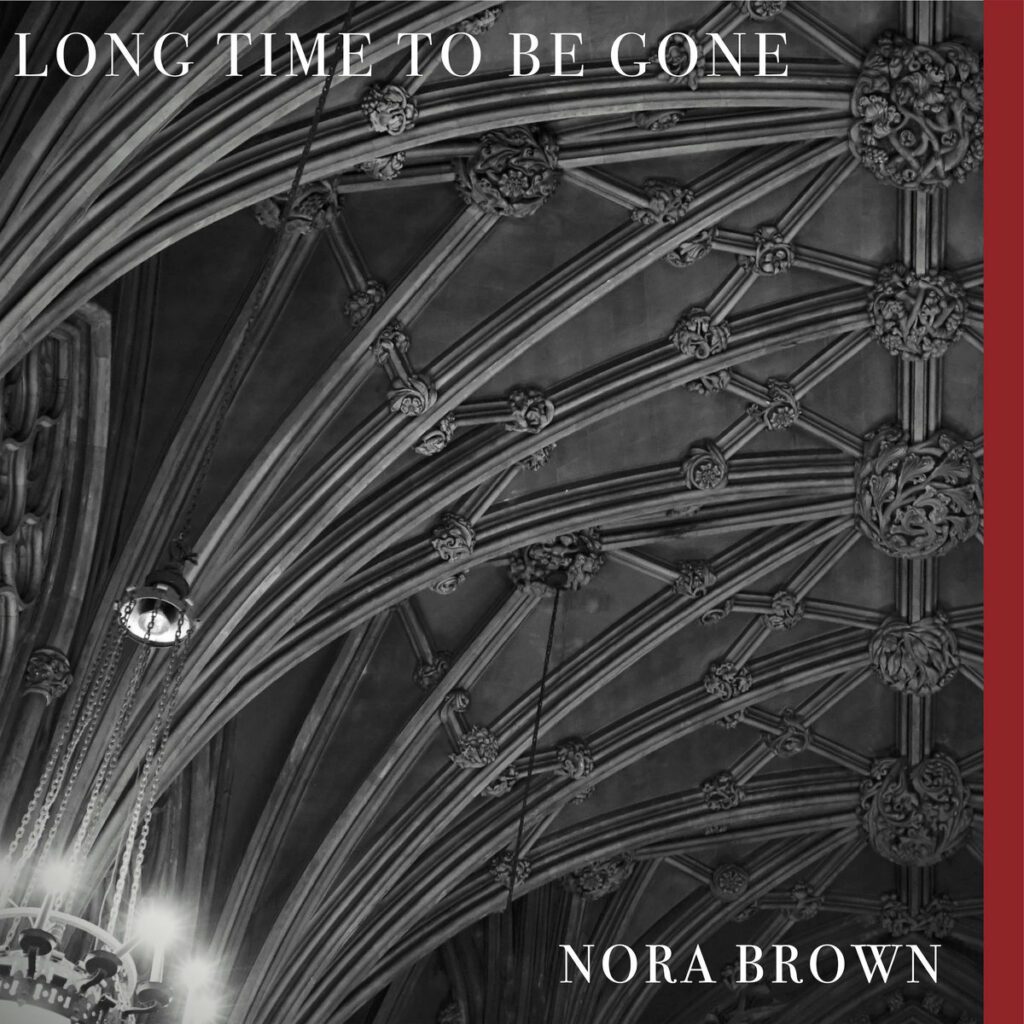
Nora Brown started playing music at age six, making her a virtuoso by her current age, 16. She specializes in traditional songs and homespun melodies from Appalachia, as performed on banjo. Her latest album, Long Time to Be Gone (Jalopy Records), has sixteen songs that are simple but affecting. You need skill to make an album that’s mostly instrumental be so engaging, and Brown is the kind of superb player that holds your attention throughout.
On a tune like “Miner’s Dream,” her playing is so expressive you don’t even notice the absence of lyrics. “Wild Goose Chase” has a rambling quality that brings to mind visions of geese tumbling over the hillside. Because most numbers are instrumental, it feels like an extra treat when she does sing, as on “Jenny Put the Kettle On” and “Little Satchel;” hers is a low, unaffected voice adding a light note to the proceedings. Her extensive liner notes are a bonus, relating the stories behind the songs. Brown is the kind of sure-footed musician that gets you excited about the possibilities of what she’ll do next.
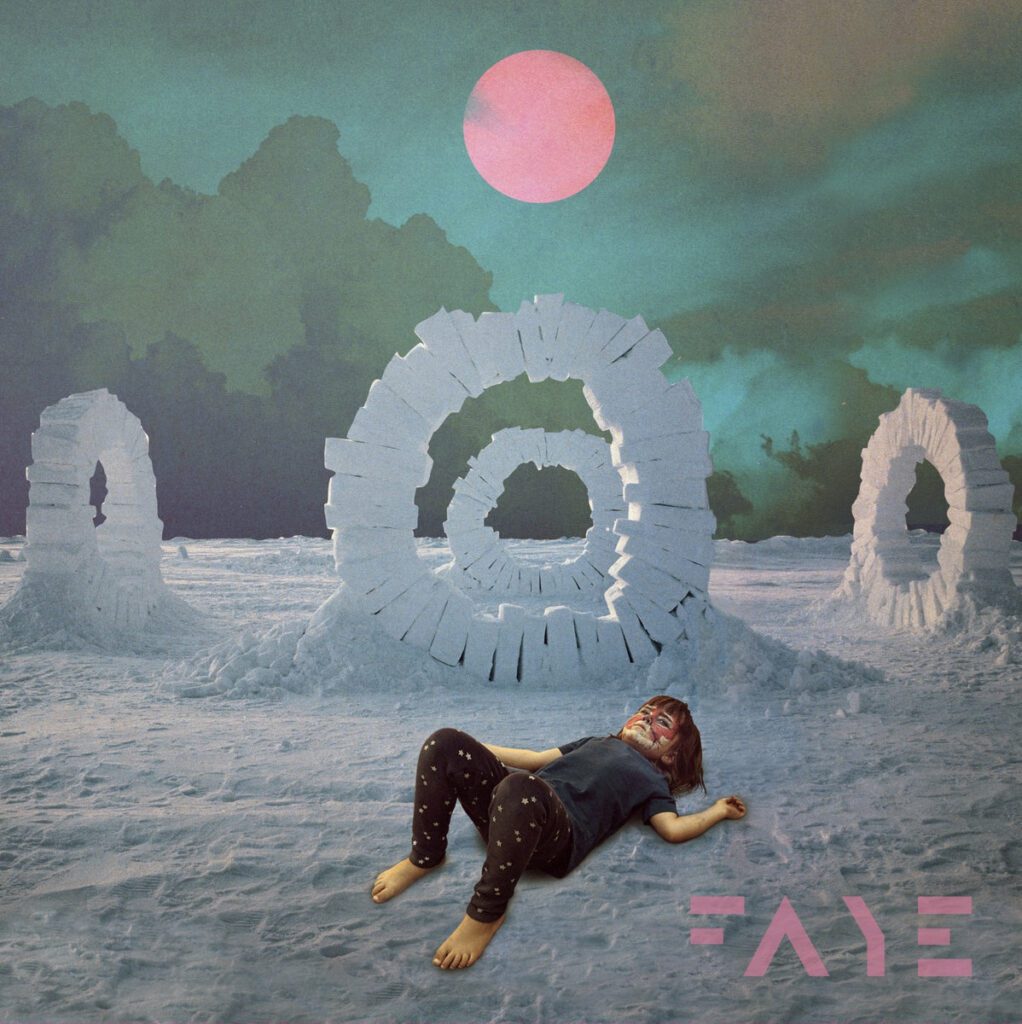
After recording an EP of what they called “first draft songs,” Charlotte, North Carolina’s Faye emerges with their debut album, You’re Better (Self-Aware Records). Faye’s core duo is Sarah Blumenthal (bass) and Susan Plante (guitar), mixing together their roots in, respectively, punk rock and classical music to whip up a batch of spunky indie pop (propelled by the drumming prowess of Thomas Berkau).
The lyrics are taut and at times disturbing: “I am the hand, you are the teeth” (“Teeth”), “Let me run my hot, dirty feet/All over clean sheets…” (“Dream Punches”), “I imagine life without a trace of this existence” (“Nag D”). But this isn’t an album of gloom and doom; the roiling power of the music sees to that. There’s a reason the power trio of guitar-bass-drums is so effective; it strips the music to its bare essentials, giving the songs a greater punch. Consider the closing song, “Mortal Kombat,” inspired by the misogyny Blumenthal and Plante have experienced as musicians. From a slow and almost somber start, the song suddenly lurches into overdrive as the two come into their own, singing “You’re in my head” as they admit about how toxic put downs can lodge in your head, and then delivering the kicker — “But I can sure walk away.” Holding their heads high, no doubt.
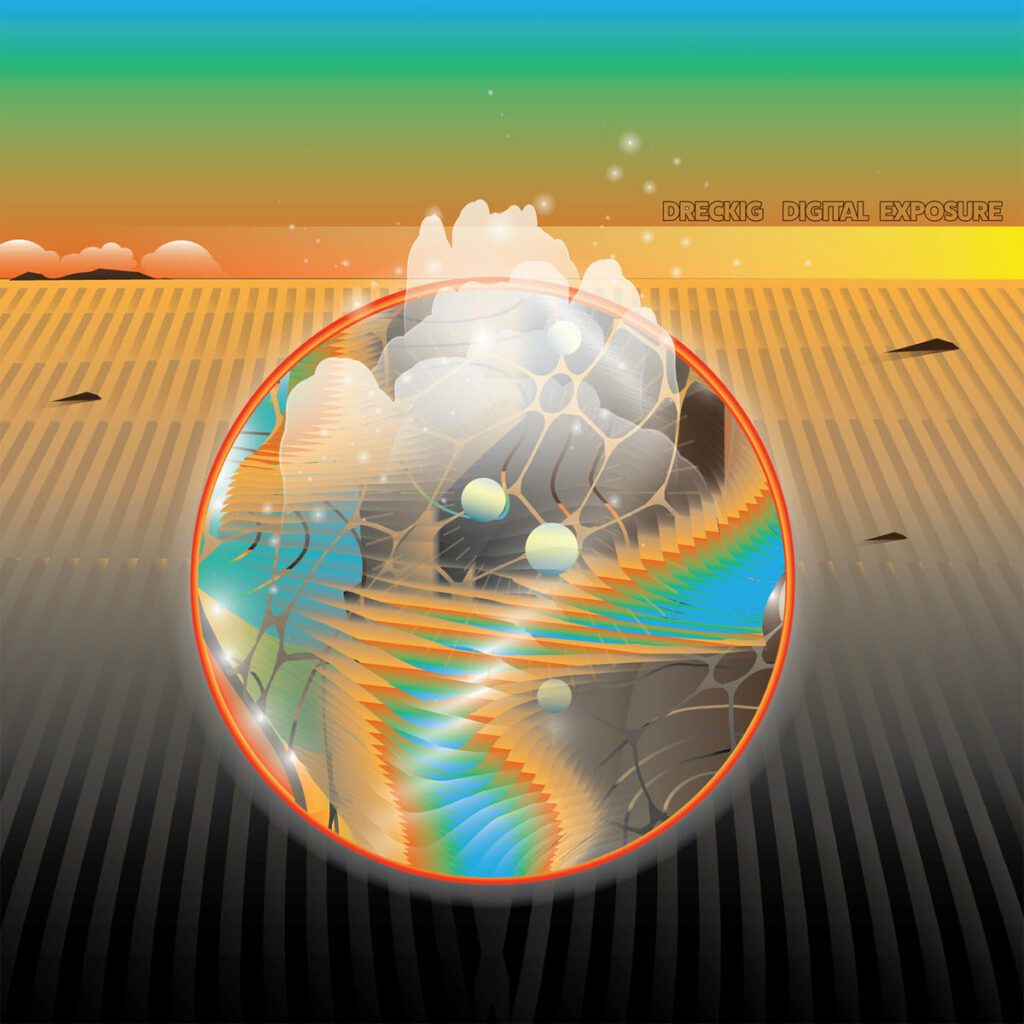
Dreckig (“dirty” in German), the Portland, OR-based husband and wife duo of Papi Fimbres and Shana Lindbeck, have created what you might call Latin Electronica on Digital Exposure (Broken Clover Records). The two sing alternately in Spanish, German, and English, and their voices aren’t the only organic sounds; the instrumentals “Dream Moon” and “Meaty Okra” feature lead “vocals” by a flute. There’s a light dreaminess to much of the music — the mood is more chill than high BPM — and songs like “Non Zero Sum” lull you into a blissful state.
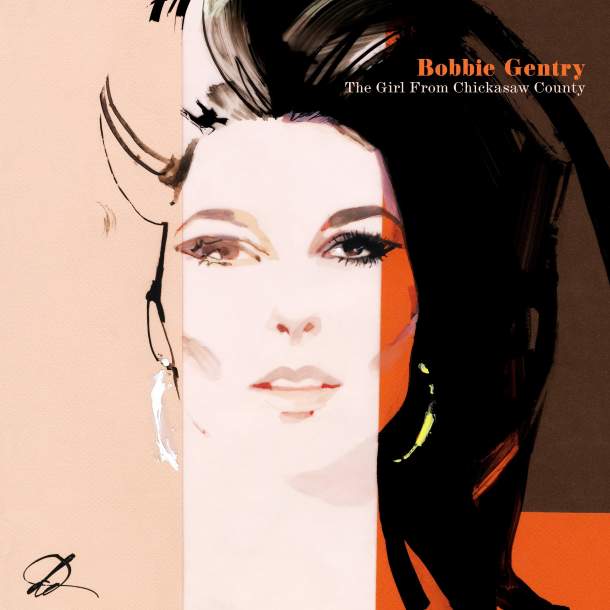
The 2018 Bobbie Gentry box set The Girl From Chickasaw County: The Complete Capitol Masters was rightly acclaimed for its insightful look at the singer/songwriter/producer whose accomplishments go far beyond the success of her signature song, “Ode to Billie Joe.” Those who didn’t want to spring for the box can now pick up the single disc drawn from the set, newly subtitled Highlights from the Capitol Masters (UMe). Check out the BBC versions of “Billy the Kid” and “Niki Hokey”/“Barefootin’,” the demo of “Feelin’ Good,” and the alternate version of “Mississippi Delta.”

